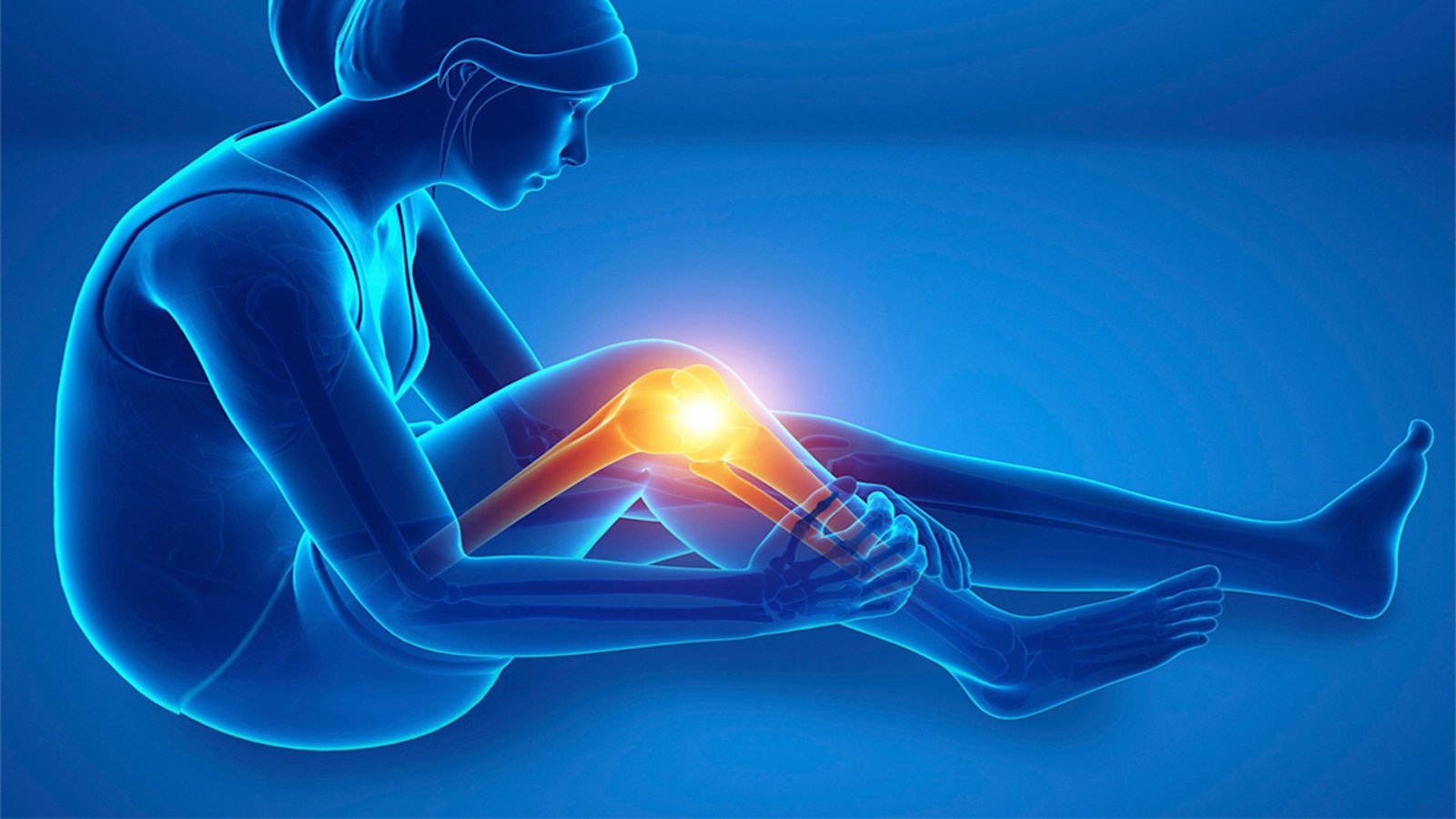Follow us on Google News (click on ☆)
By combining biological data with information about patients' mental health, sleep, and stress, the research team was able to paint a more complete picture of chronic pain. They state that their findings, published in the journal Nature Human Behaviour, could improve diagnoses and treatments.

Chronic pain affects one in five adults, but since blood tests and imaging devices usually do not detect it, many people who suffer from it are not taken seriously or are left in the dark.
"Biological data tells us what is wrong, but not what the person is feeling," explains lead author Etienne Vachon-Presseau, a member of the Alan Edwards Centre for Research on Pain at McGill University and an associate professor at the Faculty of Dental Medicine and Oral Health Sciences.
"Sleep problems, stress, and mood can all affect how the brain processes pain, and therefore the intensity of pain felt and its effects on daily life," he adds.
The team used machine learning to analyze data from over 500,000 people in the UK. Their models were able to accurately detect conditions related to chronic pain, such as arthritis and gout, but could not predict the intensity of pain reported by individuals. However, adding data related to mental health, sleep, and stress significantly improved the effectiveness of the models, which now take into account a person's physical state and their experience of pain.
This new approach could help doctors choose treatments that target the source of pain as well as the psychological and emotional issues that may worsen it. The authors further state that their findings help confirm the experiences of patients living with a very difficult-to-diagnose condition.
"Our research shows that pain can be detected and understood when we consider the person as a whole," explains Etienne Vachon-Presseau. "Patients, healthcare providers, and policymakers will all benefit from adopting a more holistic approach to assessing chronic pain."